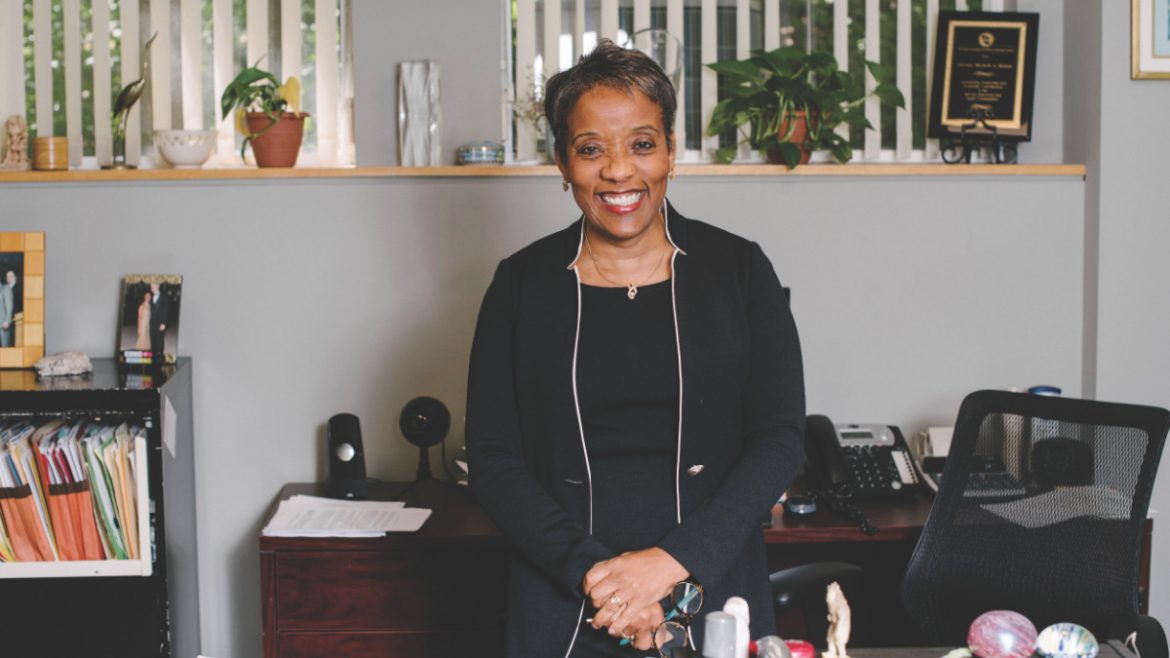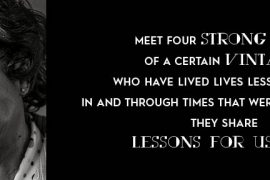By Hywania Thompson | Photography by Hillary Schave
It’s rare to hear an attorney use the words “happy law” in discussing their work. Michelle Behnke is the exception. As principal of Michelle Behnke & Associates, Behnke helps her clients reach their goals, whether it’s estate planning, starting a business or investing in real estate.
“Being on my own allows me to have control over my fees and … over the kind of work I do, and allows me to really serve clients in a way that I can help them avoid mistakes, as opposed to having to pay an awful lot of money to fix it after the fact,” Behnke says. “That’s much more rewarding to me.”
After graduating from the University of Wisconsin Law School, Behnke practiced real estate and business law at a Madison firm. During that time, her two children were born, and she wanted more balance in her life. So she moved into corporate law at CUNA Mutual Insurance Society. International work became part of her duties, which required early-morning phone calls and travel to places like Taiwan and Indonesia. That wasn’t the kind of work-life balance Behnke had in mind, so she opened her own practice in February 1998.
Early in her career, Behnke says she was often the only woman in the room, or, the only woman of color there.
“I was as likely to be asked to get someone a cup of coffee as for them to think that I was the lawyer,” she says. Behnke used humor as a way to deal in those situations — although many times she wasn’t laughing. “You try to maintain your own dignity and teach them a little something, and humor is one of the ways I found was a way to teach them something without having to have a knock-down, drag-out on every occasion.”
Dealing with challenges in work and life not only requires humor, it requires a support system. Having a trusted circle of family and friends to listen and offer guidance is one of the keys to success.
“Having a support network [that] you can share your innermost thoughts [with] … [is important]. They’re going to help you think about [a situation] strategically; they’re not going to laugh,” Behnke says. “That same support system is going to be there to cheer you on when you hit those successes and they’re also going to be there when you stumble.”
Behnke has had her own support system along the way, which includes the late Wisconsin Supreme Court justice Shirley Abrahamson, who was the first woman to serve on the state’s Supreme Court and its first female chief justice. Behnke met Abrahamson when she was a third-year law student. Pregnant at the time, she was escorting Abrahamson to a graduation event when the chief justice gave her this advice: “At one point she turns around … and she asked me when the baby was due. I said, ‘September.’ And she said, ‘Well you know, [you can be both] a good mother and a good lawyer — so don’t let them tell you anything other.’” Over the years, Abrahamson remained a friend and mentor to Behnke.
She also recalls a partner who recognized her adeptness in dealing with clients and encouraged her to use those talents. “Both of those [people] really impacted the trajectory of my career,” Behnke explains.
Over the years, she’s learned in business to not take things too seriously.
“On any given day there’s an awful lot that could go right, [and] there’s an awful lot that could go wrong,” she says. “About 50% of it has to do with you, and the other 50% has to do with the universe. And so you can’t take that all personally … you just have to pick yourself up and keep trudging ahead.”
What books, podcasts or resources do you enjoy for career insight?
“I often find comfort and advice in — interestingly enough — comedian’s books, like Tina Fey. I didn’t realize it, but they often … teach through humor. You laugh at various things, but you realize there is a whole lot of truth. In [Fey’s] book ‘Bossy Pants,’ you realize how women are portrayed, and you learn some tools to help you … get over what the universe calls derogatory — like bossy. Well, if someone calls me that now, ‘I’m like, yes ma’am, I am — so start taking my direction!’”
Read more from our “What Women Want at Work” feature here.




